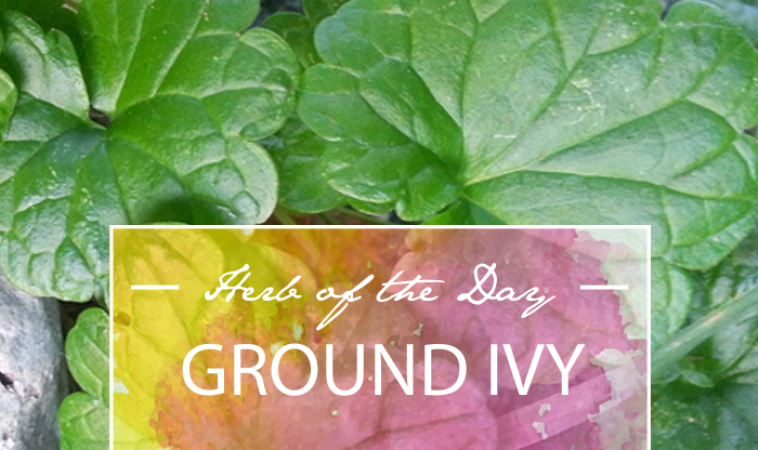Some of the plants I have been writing about I know from learning about them through naturopathic medical school. Sometimes I can recognize them, other times I take the picture and find it in various databases. The rest of the plants I may recognize by sight, but am not familiar with the medicinal uses.
Ground Ivy (Glechoma hederacea) is one that I visually recognize, but had to search for some medicinal or edible uses. This is one unappreciated plant. Most sources I found talked of ways to eradicate it. DON’T! I think you may have realized by now how valuable some of the weeds in your lawns and gardens may be. This is another one. And is it really so visually unpleasant? I don’t think so.
It is a member of the Lamiaciae, or mint family, and can be distinguished by the characteristic square stem of all mints. It is edible, with the newer, smaller leaves being used raw or cooked. As the leaves grow larger and older, they are better used for teas or medicines.
Speaking of medicine, what is this weed good for? Studies have shown it to decrease osteoclastic activity making it a potential treatment for periodontitis, osteoporosis, and rheumatoid arthritis. It also has been shown to have activity as a xanthine oxidase inhibitor, which decreases uric acid levels, which is the cause of gout.
In a study using laryngeal carcinoma cells, Ground ivy had nearly the same levels of polyphenols and antioxidants as yarrow. Also along with yarrow, it contains a high amount of phenolic acids and polysaccharides which were better at killing off the cells than the other plants tested. As a bacterioside, it had the most toxic effects on the organism Vibrio fischeri. I only found 33 articles on PubMed, so we would definitely benefit from more research into this weed.
Traditionallly, Ground ivy is known to be anodyne, anti-inflammatory, astringent, digestive, diuretic, febrifuge,and vermifuge. It can be used to heal the respiratory tract and digestive system, especially when there is lingering catarrh (mucus) in conditions such as sinusitis and otitis media. It is also beneficial for kidney disease and indigestion. Externally, the juice can be applied to bruises and black eyes.
 Jen Williamson, ND is a native of Buffalo, New York who earned her Bachelor of Science at Gannon University in Erie, Pennsylvania and a Doctorate of Naturopathic Medicine from Southwest College of Naturopathic Medicine in Tempe, Arizona. While in medical school, she became very involved in the student community, most notably as the President of the Student Government Association. For her service, upon graduation she was given the Outstanding Leadership Award.
Jen Williamson, ND is a native of Buffalo, New York who earned her Bachelor of Science at Gannon University in Erie, Pennsylvania and a Doctorate of Naturopathic Medicine from Southwest College of Naturopathic Medicine in Tempe, Arizona. While in medical school, she became very involved in the student community, most notably as the President of the Student Government Association. For her service, upon graduation she was given the Outstanding Leadership Award.
In the spirit of Docere, the Naturopathic principle of the doctor’s role as teacher, Dr. Williamson was an adjunct professor in the Complementary and Alternative Therapies program at Daemen College. She has had articles in a variety of publications, including Naturopathic Doctor News and Review, SheKnows.com, local Buffalo magazines and papers, as well as her own newsletter, blog and website. While practicing in Buffalo, she also offered over 30 different classes to the public at various events and locations.
In 2012, Dr. Williamson moved to Vermont to expand her practice of Naturopathic Medicine as well as provide an atmosphere that resonates with her medicine for her son, Victor, and husband, David. As a Primary Care Physician at Avalon Natural Medicine, Dr. Williamson focuses on mental/emotional, gastrointestinal, and endocrine disorders. Most of her treatment plans include a combination of nutritional, herbal and homeopathic remedies, but she has also received additional training in Hair Trace Mineral Analysis and Bowel Nosodes.
















